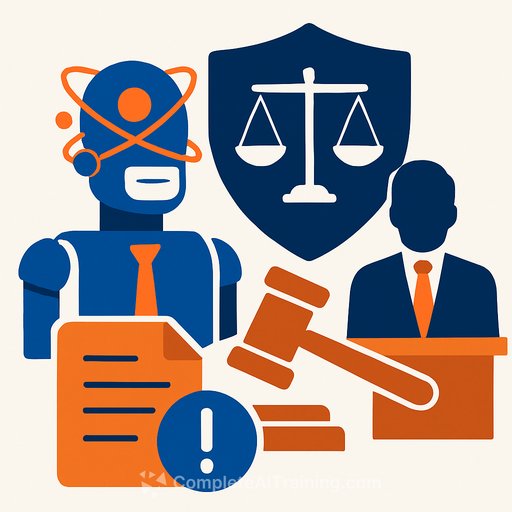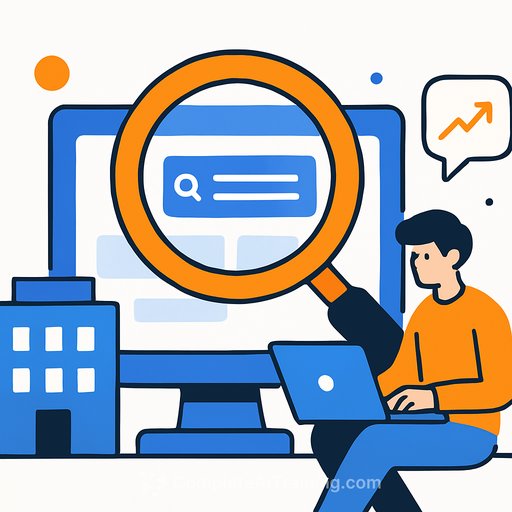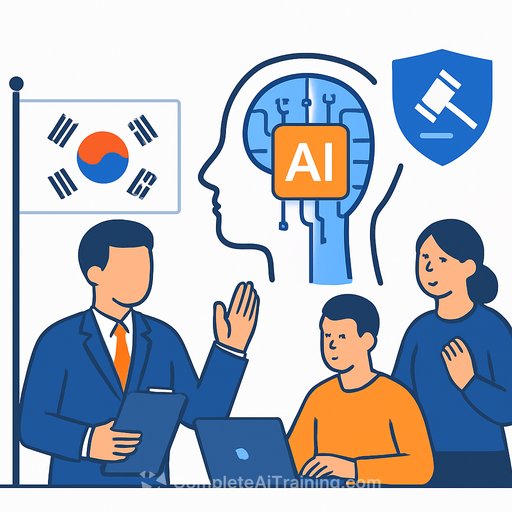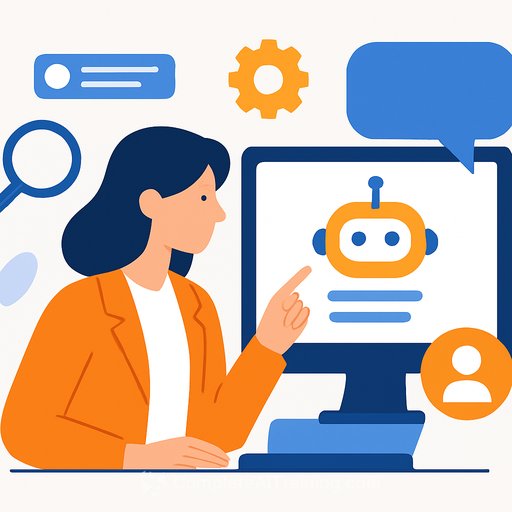AI in the Workplace: Legal Risks Employers Must Consider
Companies are eager to adopt artificial intelligence tools, but the legal and privacy risks are stacking up faster than expected. Recent data shows 95% of senior executives have encountered at least one problematic AI incident, with privacy breaches and systemic failures topping the list.
Reputational damage affects more than half of these organizations, while nearly half face legal consequences such as fines and settlements. This signals a clear warning: deploying AI without caution can expose employers to serious liabilities.
Employee Monitoring and Privacy Concerns
Using AI to track employee productivity, computer use, or output raises major questions about privacy rights. Continuous digital surveillance—logging every keystroke or mouse movement—can feel like a permanent supervisor looking over an employee’s shoulder. This level of intrusion might be challenged as constructive dismissal.
Traditionally, workers expect some privacy even under supervision. AI monitoring risks crossing that boundary, potentially leading employees to resign and claim their privacy was violated.
Blurring Lines Between Workplace Monitoring and Personal Privacy
AI’s reach extends beyond surveillance to handling sensitive data. Employees sometimes use work systems for personal matters, such as communicating about medical issues or private concerns. When employers review these communications, they risk accessing protected personal information.
This exposure can violate privacy laws, especially if it touches on protected human rights categories. Monitoring chat communications without clear boundaries also raises privacy red flags. Employers must ensure their AI use complies with privacy legislation and internal policies.
Updating Employee Agreements for AI Use
To reduce risk, companies should update employment contracts to address AI explicitly. Contracts need to clarify confidentiality obligations regarding company secrets and sensitive information, extending these duties to AI tools and covering the post-employment period.
Without such safeguards, confidential data can leak into AI systems where it shouldn’t be.
Real-World AI Risks in the Workplace
Even when no confidential information is involved, AI can cause legal challenges due to inaccuracies or “hallucinations.” For instance, AI-generated reports may misstate facts, leading to defamation or breach of confidentiality claims.
One example involved an AI report mischaracterizing a discrimination lawsuit, incorrectly generalizing the affected groups. Such errors, if circulated as truth, can have serious legal and reputational consequences.
Another case saw AI generate false workplace gossip about a female employee’s pregnancy, infringing on privacy rights. Even accurate health-related information is sensitive and should never be handled solely by AI without human judgment.
Human Oversight Is Essential
AI tools lack the ability to understand legal nuance, company culture, or reputational impact. Every AI-generated output should be reviewed by a human before release to ensure accuracy and legal compliance.
Companies remain liable for any algorithmic errors, and unchecked AI use can lead to lawsuits. Additionally, AI tools maintain logs that may be subject to discovery in litigation, potentially exposing sensitive information that could harm legal positions.
Employers should also be wary of plagiarism risks. If executives rely on AI outputs without verification, they might unintentionally present copyrighted material as original work, creating further legal exposure.
Practical Recommendations for Employers
- Thoroughly audit AI tools before implementation—check for bias, accuracy, and privacy compliance.
- Update company policies and employee contracts to reflect AI use and confidentiality obligations.
- Disclose AI use transparently and obtain explicit consent where required by law.
- Ensure all AI-generated information undergoes human review prior to dissemination.
- Train teams on the legal limitations and liabilities related to AI-generated data.
Current privacy laws are lagging behind AI developments, but stricter regulations are expected soon. Provinces are likely to introduce more rigorous privacy protections tailored to AI usage in the workplace.
As AI becomes more integrated into business operations, legal risks will grow. Employers must be proactive to manage these challenges effectively.
For legal professionals and employers seeking to deepen their understanding of AI in the workplace, tailored training and up-to-date courses can provide valuable guidance. Explore relevant courses on Complete AI Training for practical insights and compliance strategies.
Your membership also unlocks:






